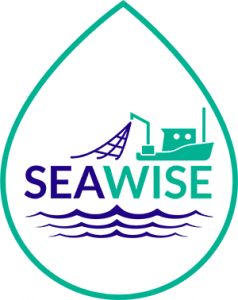STEERING COMMITTEE
The Steering Committee is responsible for the strategic planning, coordination of research, and monitoring of progress on all SEAwise tasks. The Committee is made up of the Project Coordinator, all Work Theme leaders, and the Regional Case Study leaders. The group meets regularly to ensure the timely progress and delivery of high-quality research, as well as the coordination of updates and cross-cutting research across all areas of our work.
